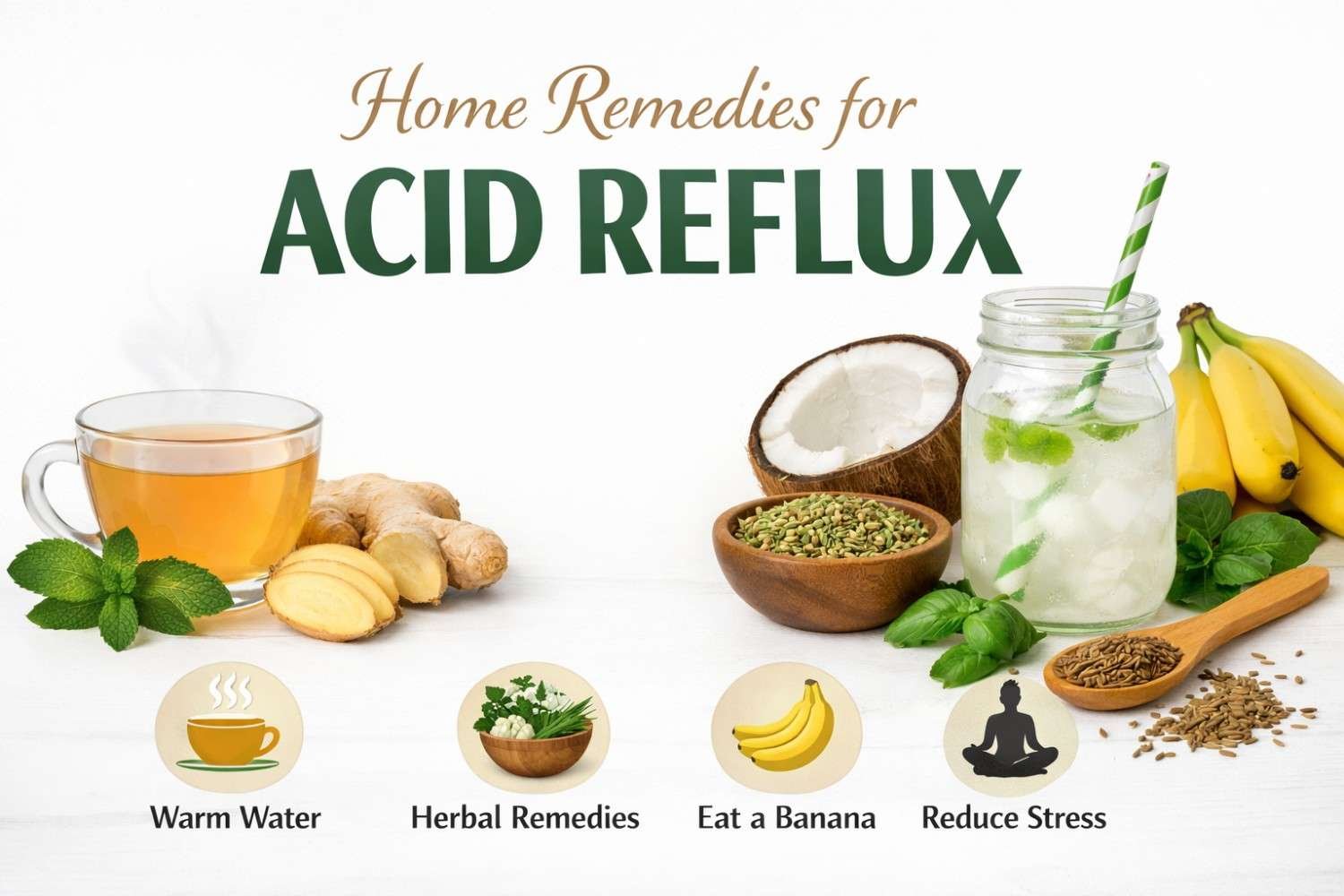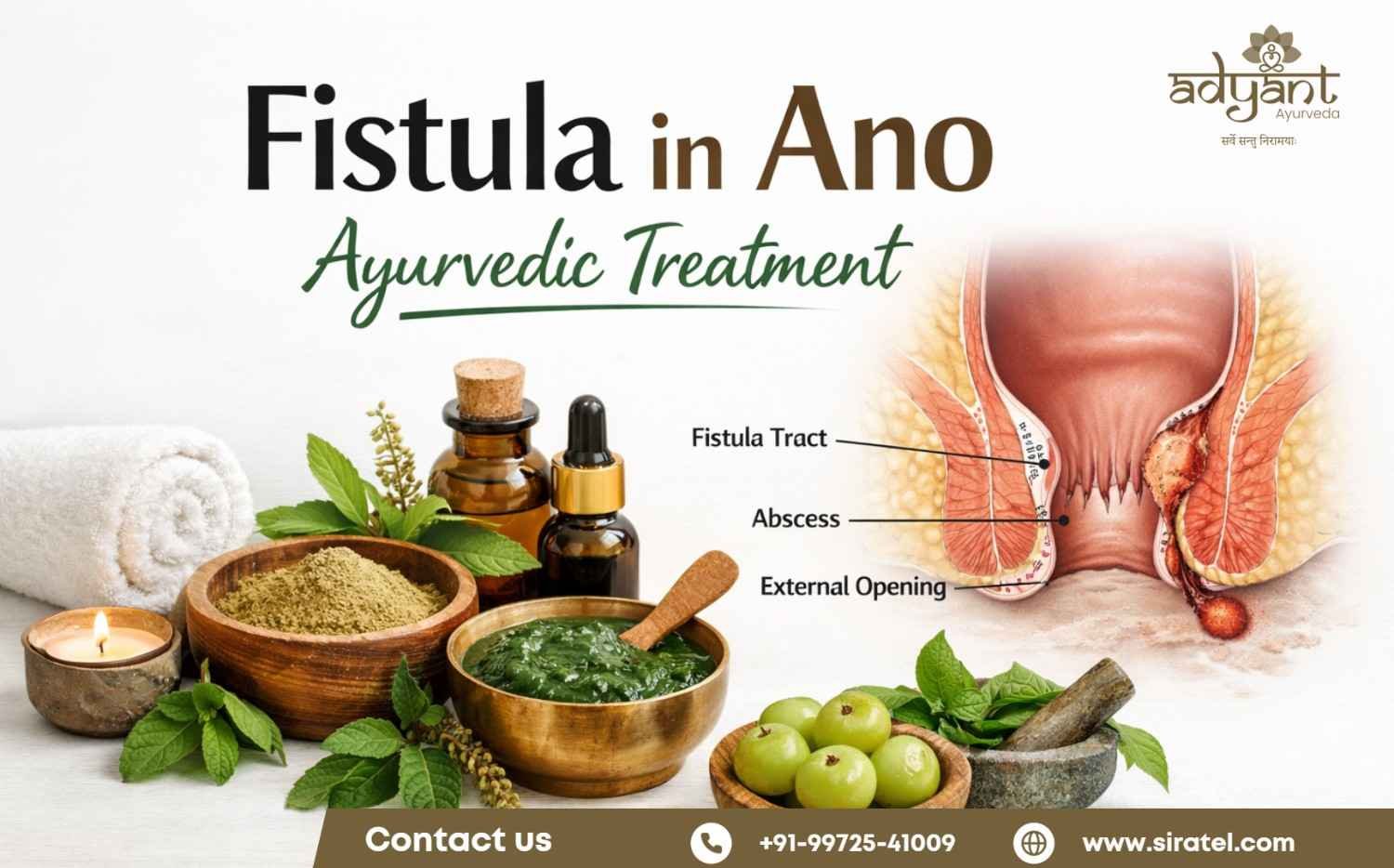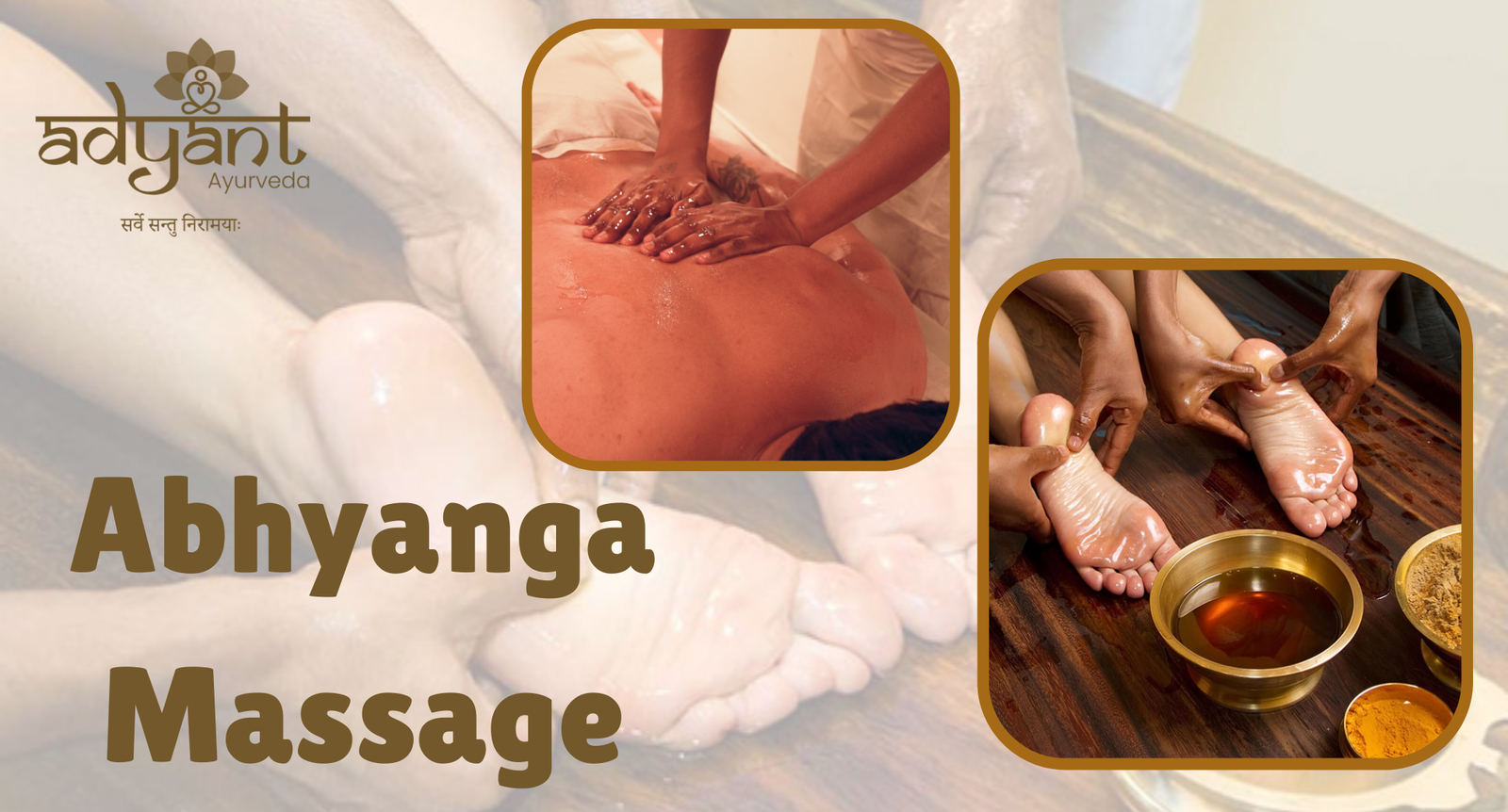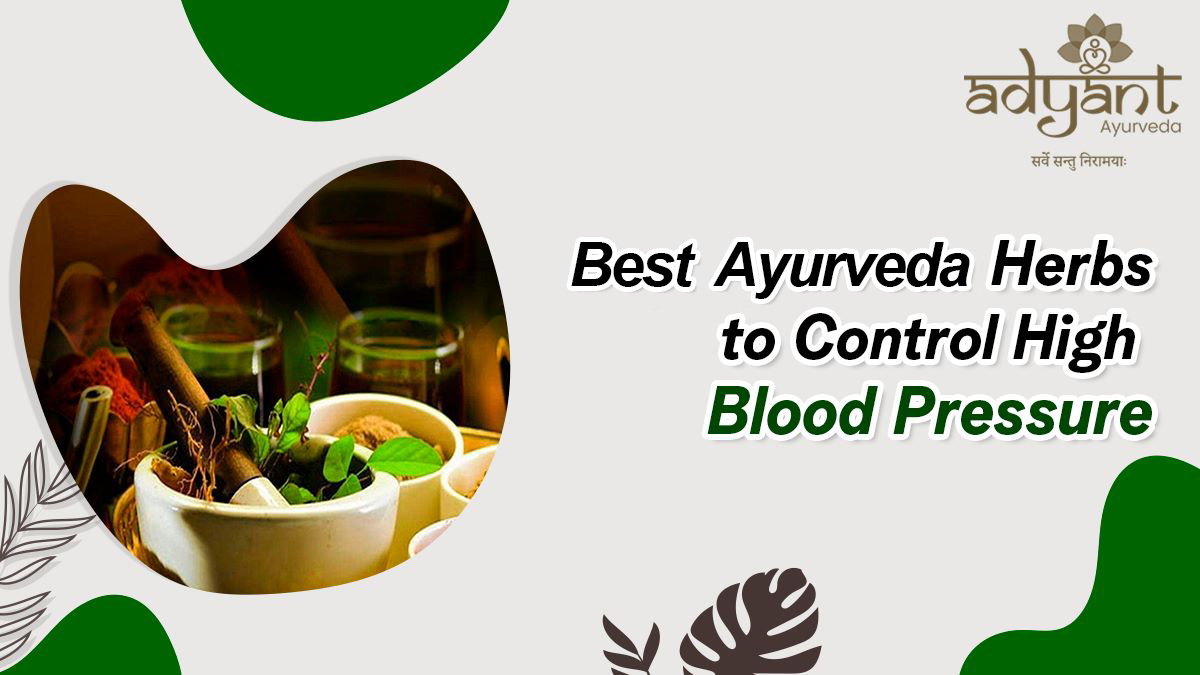Introduction: Healing Eczema from the Inside Out
Eczema (Atopic Dermatitis) is more than just dry, itchy skin — it’s a chronic inflammatory condition with deep-rooted imbalances in immunity, digestion, stress regulation, and toxin elimination.
While modern medicine often provides temporary relief with steroids or immunosuppressants, Ayurveda focuses on root-cause healing, restoring balance naturally, and preventing recurrence.
In Ayurveda, eczema is called Vicharchika, classified under Kshudra Kushtha (minor skin disorders). It results from vitiated Pitta & Kapha doshas, weak digestion (Mandagni), and toxin (Ama) accumulation in the blood and skin tissues.
“कण्डू-पिडका-श्याव-बहु-श्रावा-रुजा-राजयः, विशर्चिका लघु कुष्ठं पित्त-कफोद्धवंसम्।”
— Charaka Samhita, Chikitsa Sthana
📱 Download our app “AyurCare” for a free online consultation with senior Ayurvedic doctors.
🔍 What is Eczema?
Eczema is a group of skin disorders that can be acute (short-term) or chronic (long-lasting). It is non-contagious but can severely impact quality of life if left untreated.
In Ayurveda, the coexistence of eczema with other systemic conditions is known as Vyadhi Sankara or Vyadhi Samuccaya, requiring a multi-layered, personalized treatment plan.
Read more: Ayurveda for Skin Diseases
🧾 Types of Eczema (Modern Classification)
| Type | Description |
|---|---|
| Atopic Dermatitis | Most common, linked with allergies & asthma |
| Contact Dermatitis | Reaction to irritants like soap, cement, metals |
| Seborrheic Dermatitis | Affects oily areas; causes dandruff, scaly patches |
| Dyshidrotic Eczema | Blisters on hands/feet; often seasonal |
| Nummular Eczema | Coin-shaped itchy lesions |
| Neurodermatitis | Caused by chronic scratching; worsens with stress |
| Stasis Dermatitis | Due to poor circulation in legs |
📖 Vicharchika in Ayurveda – Root Cause
Key Triggers in Ayurveda:
Incompatible food combinations (Viruddha Ahara)
Weak digestion (Mandagni)
Toxin accumulation (Ama)
Emotional stress (Manasika Karana)
Environmental exposure to allergens & chemicals
🧬 Dosha-Specific Symptoms
Vata → Dry, cracked, flaky skin with severe itching
Pitta → Red, hot, inflamed skin with burning or pus
Kapha → Oozing, swelling, sticky lesions
🩺 Ayurvedic Diagnosis (Ashtavidha & Ashta Sthana Pareeksha)
Darshana – Skin inspection for color & texture
Sparshana – Checking lesion temperature & roughness
Prashna – Lifestyle & diet history
Nadi, Jihva, Shabda, Drik, Akruti, Mala, Mutra – Full-body health analysis
🔬 Pathophysiology (Samprapti) in Ayurveda
Weak digestion (Agni Mandya)
Formation of toxins (Ama)
Pitta & Kapha aggravation
Circulation of toxins in Rakta Dhatu
Accumulation in Twak (skin)
Eczema symptoms manifest
👶 Eczema in Children (Balaka Vicharchika)
Causes: Weak immunity, maternal diet, early allergen exposure, Beeja Dosha (genetic factors)
Treatment:
Mild decoctions (Khadira, Guduchi, Bala)
External oils (Durvadi Taila, Shatadhauta Ghrita)
Swarnaprashana for immunity
Easily digestible diets (Peya, Manda)
⚠ Always under a certified Ayurvedic physician’s care
🌿 Eczema (Vicharchika) Treatment Protocol at Adyant Ayurveda
At Adyant Ayurveda, our eczema treatment protocol combines classical Ayurvedic wisdom with personalized, evidence-based care to heal the skin from within. The aim is to:
- Shodhana – Detoxification
Shamana – Symptom relief
Raktashodhana – Blood purification
Agni Deepana – Boost digestion
Rasayana – Immunity & skin rejuvenation
⚗ Panchakarma for Eczema
| Therapy | Purpose | Benefit |
|---|---|---|
| Virechana | Pitta cleansing | Liver & gut detox |
| Raktamokshana | Bloodletting | Purifies blood, reduces inflammation |
| Basti | Vata balance | Gut & immunity support |
| Vamana | Kapha detox | Clears deep-rooted toxins |
| Nasya | Nasal cleansing | For scalp eczema |
Benefits of Herbs & Oils
Mahamanjishtadi Kwatha – Purifies blood and reduces pigmentation
Khadirarishta – Anti-itch and liver-supportive
Panchatikta Ghrita Guggulu – Deep skin detoxifier
Triphala Guggulu – Supports gut and skin health
Arogya Vardhini Vati – Liver cleansing and Pitta balancing
Neem oil – Antibacterial, cooling, and healing
Turmeric + coconut oil paste – Reduces itching and inflammation
Mahatiktaka Taila – Soothes inflammation, heals skin
Nalpamaradi Taila – Beneficial in oozing and discolored lesions
⚠ Note: Self-medication can be harmful. These formulations should be used only under medical supervision.
🥗 Diet for Eczema
✔ Eat:
Warm, cooked meals
Bottle gourd, ash gourd
Pomegranate, figs
CCF tea (Cumin + Coriander + Fennel)
❌ Avoid:
Spicy, fried, fermented foods
Milk + fish combination
Curd at night
Citrus during flare-ups
💆 Lifestyle & Skincare Tips
Herbal baths with neem decoction
Gentle oil massage
Avoid scratching or hot water baths
Wake early, light yoga, pranayama
Meditation & mind-calming herbs (Ashwagandha, Brahmi, Jatamansi)
Jatamansi
🧾 Home Remedies for Ayurvedic Treatment for Eczema
| Remedy | How to Use | Benefit |
|---|---|---|
| Neem Leaf Bath | Boil leaves, bathe with water | Antibacterial, anti-itch |
| Coconut Oil + Turmeric | Apply paste on lesions | Anti-inflammatory |
| Manjistha + Honey | Take daily | Blood purifier |
| Aloe Vera Gel | Apply fresh | Cooling, healing |
| Triphala + Ghee | Take at bedtime | Detox & skin repair |
| Banana Leaf Compress | Warm compress daily | Relieves itching |
Additional Home Remedies
| Remedy | Ingredients | How to Use | Benefits |
|---|---|---|---|
| CCF Tea (Digestive Tea) | Cumin, coriander, and fennel seeds | Boil ½ tsp of each in 2 cups of water. Sip warm water 2–3 times a day. | Improves digestion, reduces ama (toxins), calms inflammation |
| Triphala + Ghee at Night | ½ tsp Triphala powder, 1 tsp ghee, warm water | Mix and drink before bedtime. | Detoxifies gut, supports skin healing |
| Herbal Body Pack | Multani mitti, neem powder, sandalwood, rose water | Make a paste, apply to lesions for 20 mins, rinse. Use 2–3 times/week. | Reduces oozing, cools skin, and promotes healing |
| Banana Leaf Compress | Sun-dried banana leaf | Place a warm banana leaf on lesions for 10–15 minutes daily. | Traditional cooling remedy relieves itching |
| Turmeric Milk (Golden Milk) | ½ tsp turmeric, 1 cup warm milk or almond milk (optional) | Drink at night, 2–3 times per week. | Anti-inflammatory, supports immunity |
⚠ Safety & Contraindications in Ayurvedic Eczema Treatment
While Ayurvedic herbs and formulations are safe when prescribed by qualified doctors, some potent medicines require caution:
Arogya Vardhini Vati: Not recommended during pregnancy, lactation, or for children below 12 years. Long-term unsupervised use may cause liver strain.
Khadirarishta & other fermented preparations: Should be avoided by individuals with alcohol sensitivity or liver disease unless supervised.
Strong detox therapies (Panchakarma): Not advised for very young children, pregnant women, or those with severe debility without prior medical assessment.
👉 Always consult a certified Ayurvedic physician before starting these remedies.
🗣 Patient Testimonials
⭐ “I had severe eczema for 5 years. After Panchakarma and herbal medicines at Adyant Ayurveda Jayanagar, my skin improved within 6 weeks. No steroids, no side effects!” – Rajesh K., Bangalore
⭐ “My daughter’s childhood eczema was managed beautifully with gentle Ayurvedic oils and immunity-boosting medicines. Grateful to Dr. Sumana at Indiranagar branch.” – (Mother’s feedback)
📊 Real Case Study
Patient: 42-year-old, chronic eczema (6 years)
Therapy: Virechana, Raktamokshana, Rasayana
Results: 80% relief in 3 weeks, full healing in 45 days, no recurrence in 6 months
🏥 Why Adyant Ayurveda for Eczema?
28+ years in Panchakarma excellence
Holistic approach combining detox, diet, herbs, and lifestyle
5branches across Bangalore for easy access
💰 Cost of Ayurvedic Eczema Treatment at Adyant Ayurveda
Consultation: ₹500 – ₹1,000
Panchakarma therapies: ₹2,500 – ₹5,000 per session
Full treatment package (21–30 days): ₹18,000 – ₹35,000 (depending on severity, duration, and medicines prescribed)
📌 Packages are personalized after Nadi Pariksha (pulse diagnosis) and skin evaluation.
⚖ Ayurveda vs Modern Medicine for Eczema
Modern Medicine: Quick symptom relief with steroids, antihistamines, and immunosuppressants; possible side effects; recurrence common.
Ayurveda: Root-cause healing via Panchakarma, herbs, diet, and lifestyle; slower but long-term relief; minimal side effects when supervised.
👩⚕️ Our Doctors & Branches
Adyant Ayurveda Bannerghatta Road Branch
Dr. Bhagyalakshmi – BAMS (22 yrs), Specialist in skin disorders, based at Bannergatta Road branch
Adyant Ayurveda Jayanagar Branch:
Dr. Shree Lakshmi – 28 years of experience in chronic skin diseases
Adyant Ayurveda Indiranagar Branch:
Dr. Sumana Patvardhan – 24 years of experience in Ayurvedic dermatology
Adyant Ayurveda Kalyan Nagar Branch:
Dr. Vidya – 18 years of experience in psoriasis, eczema, and Panchakarma
Adyant Ayurveda Rajarajeshwari Nagar Branch:
Dr. Preethi – 24 years of experience in holistic skin care & Panchakarma
📌 Conclusion
Eczema healing through Ayurveda goes beyond symptom relief — it transforms immunity, digestion, and skin health from the inside out.
Book your consultation today at your nearest Adyant Ayurveda clinic and start your journey to lasting skin wellness.
Author & Reviewer Credentials
This article has been medically reviewed by:
Dr. Shree Lakshmi, BAMS – Senior Ayurvedic Physician at Adyant Ayurveda, Jayanagar Branch, Bangalore. She has 28 years of clinical experience in treating chronic skin diseases, including eczema, psoriasis, and other autoimmune skin disorders, specializing in Panchakarma detoxification and holistic healing protocols.
Medical Disclaimer
This information is intended for educational purposes only and should not be taken as medical advice. Eczema can have multiple causes and severities, and treatments should be tailored to each individual. Always consult a qualified Ayurvedic physician or healthcare professional before starting any treatment, herbs, or therapies mentioned in this article.
📌 Last updated on: September 2025
FAQs On Ayurvedic Treatment for Eczema
Can Ayurveda completely cure eczema?
Yes, Ayurveda focuses on treating the root cause of eczema rather than just suppressing symptoms. Through detoxification (Panchakarma), internal herbal medicines, and lifestyle corrections, many patients achieve long-term or even permanent relief.
Which doshas are involved in eczema (Vicharchika)?
Eczema usually involves vitiation of Pitta and Kapha doshas, and sometimes Vata. The symptoms vary depending on the dominant dosha, such as itching and dryness (Vata), redness and oozing (Pitta), or thick, sticky discharge (Kapha).
How long does Ayurvedic treatment for eczema take?
Duration varies based on the chronicity and doshic imbalance:
- Acute eczema: 3–6 weeks
- Chronic eczema: 3–6 months or more
Regular follow-up and lifestyle adherence are key to lasting results.
Are Ayurvedic home remedies enough to manage eczema?
Home remedies like neem baths, turmeric oil, and herbal teas offer symptomatic relief, especially in mild or early-stage eczema. For chronic or recurring eczema, professional Ayurvedic treatment is recommended.
Is Panchakarma necessary for treating eczema?
Panchakarma is highly beneficial in moderate-to-severe or long-standing eczema cases. Therapies like Virechana (purgation) and Raktamokshana (bloodletting) offer deep detox and improve results significantly.
What is the best Ayurvedic oil for eczema?
Based on dosha and symptoms, the following oils are effective:
- Coconut oil (cooling and soothing)
- Neem oil (antibacterial)
- Mahatiktaka Taila (for burning, oozing)
- Durvadi Taila (for dry, cracked skin)
Can children be treated for eczema using Ayurveda?
Yes. Ayurveda provides safe, natural, and gentle treatment options for pediatric eczema using herbal decoctions, external oils, and dietary guidelines, under expert supervision.
Does stress make eczema worse? How does Ayurveda help?
Yes, emotional stress can trigger or worsen eczema. Ayurveda addresses the mind-body connection using meditation, pranayama, sattvic diet, and adaptogenic herbs like Ashwagandha and Brahmi.
What foods should be avoided during Ayurvedic eczema treatment?
Avoid:
- Fermented foods (curd, cheese)
- Spicy, sour, oily foods
- Milk + fish combination
- Refined sugar and processed foods
These increase Pitta and Kapha, worsening eczema.
Is eczema contagious or genetic in Ayurveda?
Eczema is not contagious, but it may have hereditary factors. Ayurveda considers it a result of poor diet, lifestyle, and digestion, which can be corrected with the right therapies, regardless of genetics.









